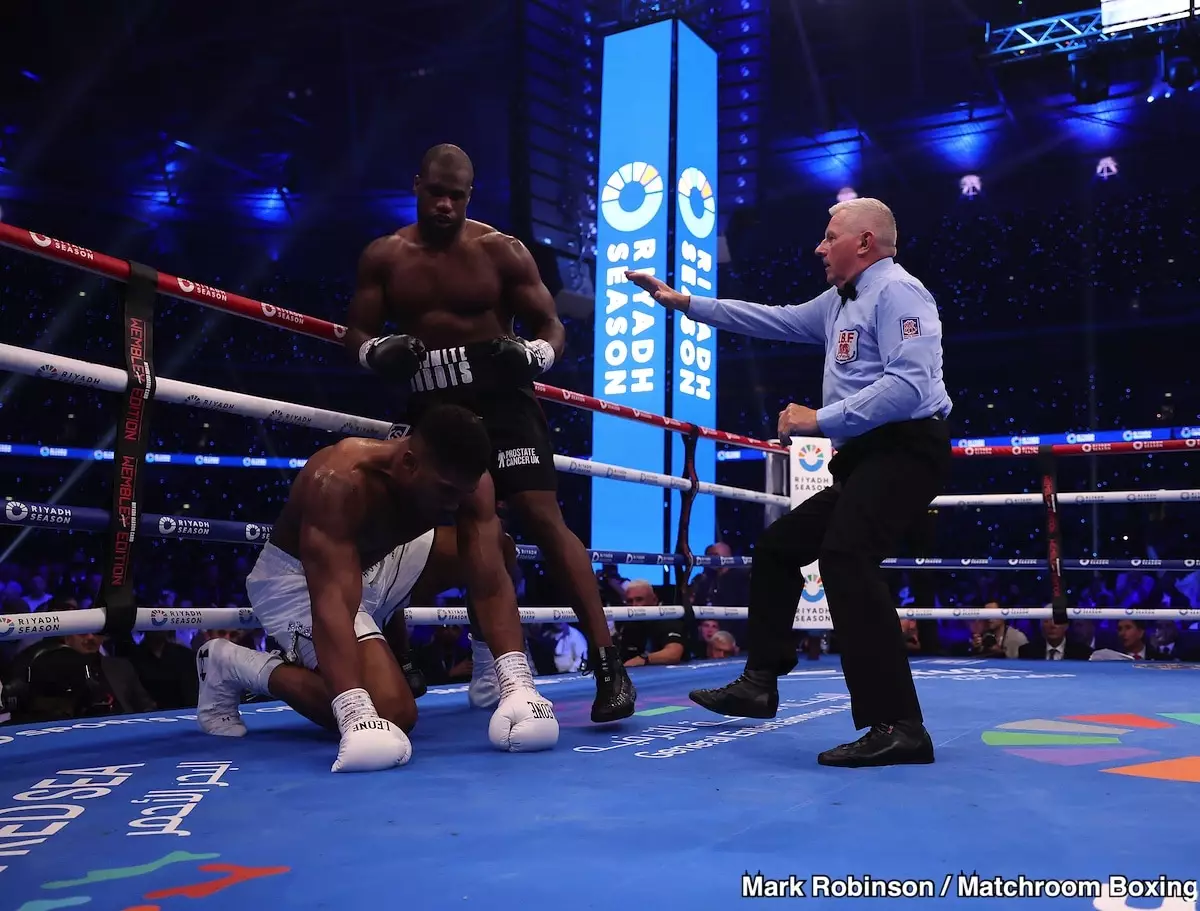Eddie Hearn, promoter for Anthony Joshua, has indicated that a crucial medical evaluation of Joshua is necessary before any plans of a rematch with Daniel Dubois can advance. The boxer, who holds a record of 28 wins and 4 losses, is at a crossroad in his career after experiencing a disappointing defeat. Hearn has emphasized the importance of Joshua’s health, as medical clearance is the first hurdle before delving into comeback discussions. The fight world is no stranger to the repercussions of returning prematurely, and Joshua’s team appears vigilant in ensuring he is fully prepared physically before entering the ring again.
The allure of a rematch, while present for both Joshua and his potential opponents, comes overshadowed by questions regarding strategy and coaching decisions. Ben Davison, who coaches Joshua, has faced criticism from fans for his game plan during the fight against Dubois. The crowd’s frustration stemmed from what they perceived as poor tactical advice, particularly after Davison’s suggestion for Joshua to throw an uppercut against a counter-puncher—a strategy that many consider flawed. The uproar illustrates not just a desire for better performance, but also a potential identity crisis within Joshua’s camp, where doubts about coaching tactics are surfacing with greater intensity.
In contrast to the electric atmosphere that surrounded Joshua’s earlier fights, such as his showdown with Andy Ruiz Jr. in 2019, the prospect of facing Dubois doesn’t seem to inspire the same fervor. Hearn’s tone suggests a more pragmatic approach this time around; there’s a recognition that losing to Dubois, a less heralded opponent compared to Ruiz, signifies a different kind of emotional impact. While irrational loss can draw adrenaline from fans and trainers alike, this situation demands a level-headed analysis of Joshua’s prospects.
The involvement of His Excellency Turki Alalshikh adds another layer of complexity to the situation. His desire for the rematch suggests a strong interest from the financial backers, which adds pressure on Joshua to reconsider his path. Ignoring the call for a rematch could give off an impression of fear or avoidance, particularly if he opts to pursue a potentially lucrative fight with Tyson Fury instead. As Hearn notes, Joshua himself has expressed readiness for the rematch, sending mixed signals about his confidence level and future plans.
Ultimately, the decision on whether to move forward with the Joshua-Dubois rematch will reflect not only on Joshua’s current state but also on his long-term career trajectory. Medical evaluations, fan sentiment, coaching critiques, and external pressures will converge into a defining moment for the former heavyweight champion. How Joshua reacts to these challenges, both in his preparation and in executing his next moves, will shape his legacy in professional boxing. The stakes have never been higher for him, as he stands on the precipice of redemption—or perhaps further decline.

